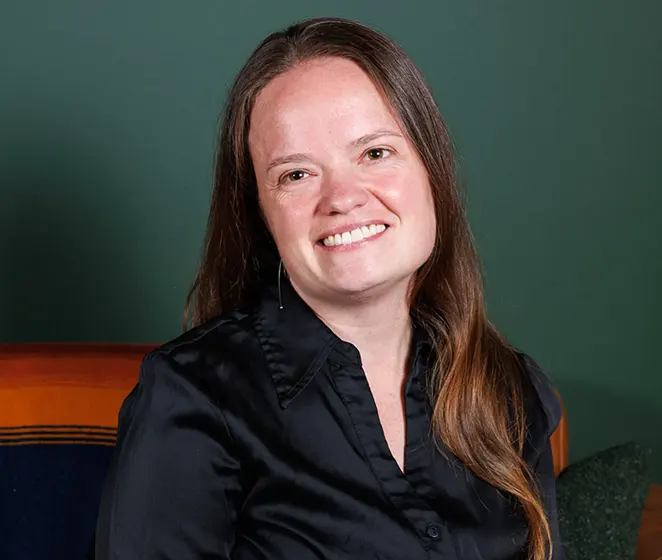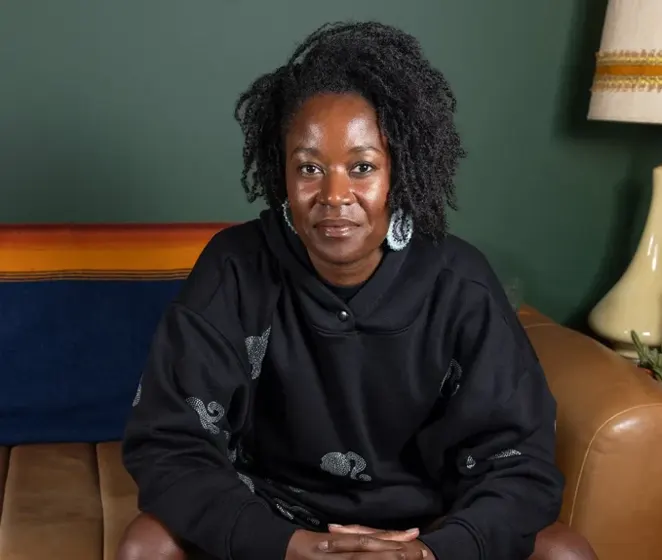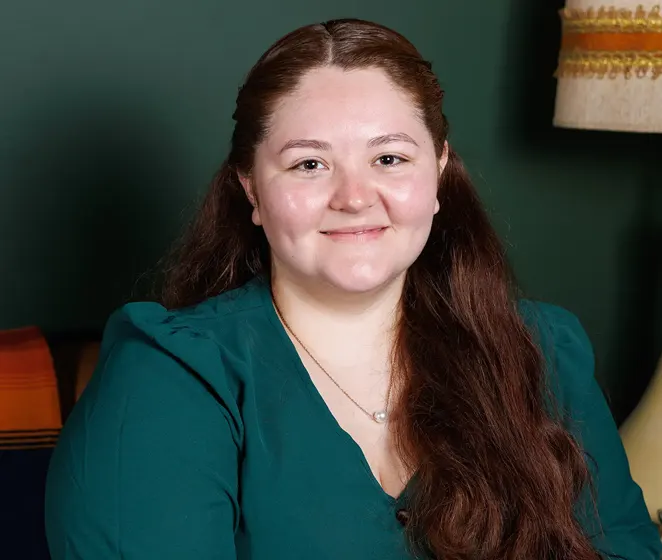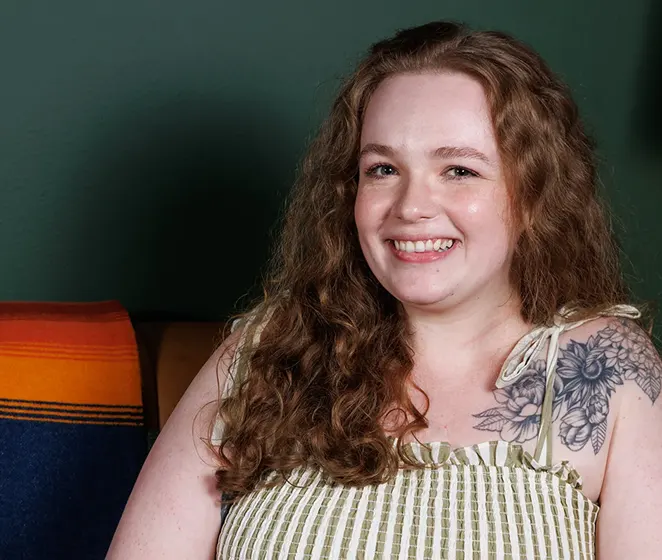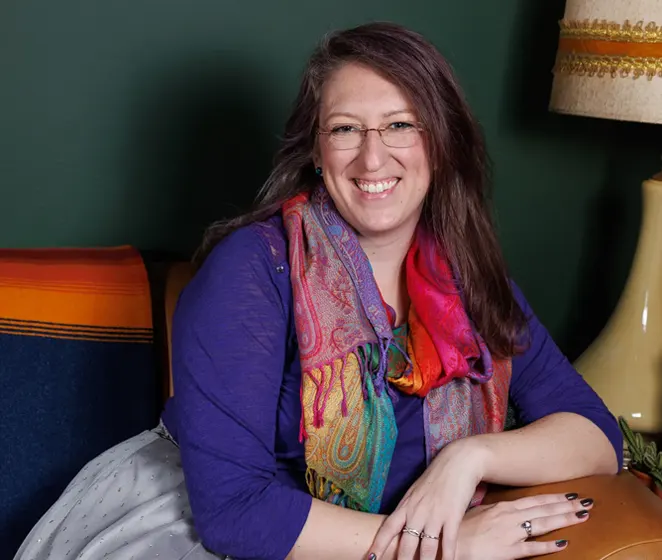By Intentional Spaces Psychotherapy
Human beings are fundamentally wired for connection. From early development, experiences of being seen, heard, and understood play a crucial role in shaping psychological well-being. However, in today’s fast-paced society, many individuals encounter life’s challenges feeling isolated or disconnected. Whether managing anxiety, depression, grief, or significant life transitions, these experiences can often be accompanied by a sense of loneliness that impacts overall functioning.
Peer support groups provide a powerful way to break through that isolation. Unlike traditional therapy, which is often led by clinicians, peer support groups are built on shared experiences and mutual understanding. These groups offer a space where people come together as equals, listening, sharing, and encouraging one another. When you connect with others who truly understand your struggles, the feeling of being alone starts to fade, replaced by empathy, hope, and belonging.
What Makes Peer Support Groups Unique?
Peer support groups stand apart because they are built on shared lived experience rather than the clinical expertise of licensed clinicians. In these groups, everyone connects as equals because they’re led by peers, creating a safe space where your feelings and struggles are truly understood without judgment or the need to explain yourself.
Unlike traditional therapy, peer groups offer a reciprocal dynamic; members both give and receive support. This balance empowers individuals, helping build confidence and resilience by sharing their stories and encouraging others.
These groups are flexible and community-driven, allowing members to set the pace, define goals, and engage authentically. The result is a strong sense of belonging, where connections grow into friendships and ongoing support networks that foster hope and healing.
In essence, peer support groups offer:
- Genuine understanding through shared experience
- Empowerment through mutual support
- Flexibility and a non-judgmental atmosphere
- A lasting sense of community and connection
This unique combination makes peer support groups a powerful source of healing and growth.
How Peer Support Groups Boost Mental Health
- Reduce Isolation: One of the most powerful ways peer support groups improve mental health is by breaking through the isolation that often accompanies emotional struggles. When you connect with others who share similar experiences, it becomes clear that you are not alone. This sense of belonging can relieve the heavy burden of loneliness and create a safe, welcoming environment where you feel accepted and understood. The knowledge that others truly “get it” can be deeply validating and comforting, making it easier to open up and share your own story.
- Build Practical Coping Skills: Peer support groups are not only about emotional connection—they’re also invaluable sources of practical advice. Members often exchange effective coping strategies and tools they’ve discovered through their own journeys. Whether it’s techniques for managing anxiety, ways to handle stress, or tips for improving daily routines, this shared wisdom offers real-world solutions grounded in lived experience. Learning from peers who have faced similar challenges can provide you with relatable, tested approaches that empower you to navigate your own difficulties more confidently.
- Strengthen Emotional Resilience: Life’s challenges can feel overwhelming, but having a community that consistently offers empathy and encouragement can significantly strengthen your emotional resilience. Being supported by people who understand your struggles helps you face setbacks with greater courage and hope. Witnessing the perseverance of others inspires a sense of possibility, reminding you that growth and healing are achievable. This ongoing support nurtures a more compassionate relationship with yourself, enhancing your ability to cope with stress and bounce back from adversity.
Together, these benefits contribute to a positive cycle of healing, boosting your self-esteem, fostering healthier relationships, and encouraging a sustained commitment to self-care. Through connection, shared knowledge, and mutual support, peer support groups create a foundation for lasting mental wellness.
Who Can Benefit from Peer Support Groups?
Peer support groups have a wide-reaching impact and can be beneficial for many, including:
- People navigating life transitions: Whether it’s divorce, loss, career changes, or becoming a parent, sharing experiences helps make change feel less daunting.
- Caregivers and family members: Supporting someone with illness or mental health struggles can feel isolating; peer groups offer understanding and solidarity.
- Those hesitant about traditional therapy: Some may find peer groups a gentler way to begin healing through shared connection.
The diversity in these groups enriches the experience, creating a space where empathy and understanding extend beyond individual struggles.
Getting Started with Peer Support
Taking the first step toward joining a peer support group can feel both exciting and a little intimidating. Finding the right group that fits your needs and feels welcoming is key to making this experience positive and beneficial. Here are some tips to help you begin your journey with confidence:
- Identify Your Needs and Interests: Start by considering what you’re seeking from a peer support group. Are you looking for support related to a specific mental health condition, such as anxiety or depression? Or perhaps you want to connect with others going through similar life changes, like grief, parenting, or caregiving. Knowing what you want to focus on will help narrow your search to groups that align with your experiences and goals.
- Explore Available Options: Peer support groups can be found in many places, from local community centers and mental health organizations to religious groups and online platforms. Take some time to research groups in your area or online that match your interests. Don’t hesitate to reach out to facilitators or organizations to ask questions about the group’s structure, topics, and expectations.
- Consider Accessibility and Format: Some people prefer in-person meetings where they can connect face-to-face, while others find virtual groups more accessible, especially if mobility, transportation, or scheduling are concerns. Virtual groups also offer the convenience of joining from home and may provide more options to find a group that fits your specific needs.
- Try Multiple Groups: It’s perfectly normal to try out a few different groups before finding the one that feels like the right fit. Each group has its own unique dynamic, culture, and style of support. Permit yourself to explore until you find a community where you feel comfortable, safe, and supported.
- Set Personal Boundaries: Remember, joining a peer support group is about your healing and growth. It’s okay to share only what you feel comfortable with and to take breaks when needed. Respecting your own boundaries helps ensure that the experience remains positive and empowering.
Starting peer support is a meaningful step toward building connection and resilience. With patience and openness, you can find a supportive community that helps you navigate challenges and celebrate progress, reminding you that you’re never alone on your journey.
When to Seek Professional Help
While peer support groups offer a valuable source of connection and shared wisdom, there are times when professional mental health care is essential. Ideally, peer support groups are combined with care for a licensed clinician. Recognizing when to seek additional help is an important part of your healing journey and can make a significant difference in your well-being.
You might consider reaching out to a therapist, counselor, or psychiatrist if you notice:
- Intense or persistent symptoms: If feelings of anxiety, depression, or distress interfere with your daily life for weeks or months, professional support can provide targeted treatment.
- Suicidal thoughts or self-harm: If you experience thoughts of harming yourself or others, it’s critical to seek immediate help from a mental health professional or crisis service.
- Trauma that feels overwhelming: When painful memories or trauma symptoms disrupt your functioning, therapy methods such as EMDR or trauma-informed counseling can offer specialized care.
- Difficulty managing relationships or emotions: If emotional overwhelm, anger, or relationship conflicts feel unmanageable, therapy can help you develop healthier coping strategies and communication skills.
- Need for medication management: Some conditions may benefit from psychiatric evaluation and medication alongside therapy for comprehensive treatment.
Professional therapy offers a safe, confidential space tailored to your individual needs, where evidence-based treatments can support your growth and healing. Combining professional care with peer support often creates a well-rounded approach that addresses multiple aspects of mental health.
Remember, seeking professional help is a sign of strength, not weakness. It means you’re taking active steps toward your well-being and honoring your needs.

You’re Not Alone
Taking the step to join a peer support group or reach out for professional help is an act of courage and self-compassion. At Intentional Spaces Psychotherapy, we understand how powerful these connections can be, and we’re here to guide you toward the support that best fits your journey.
Healing thrives in connection, and you don’t have to face your challenges alone.





